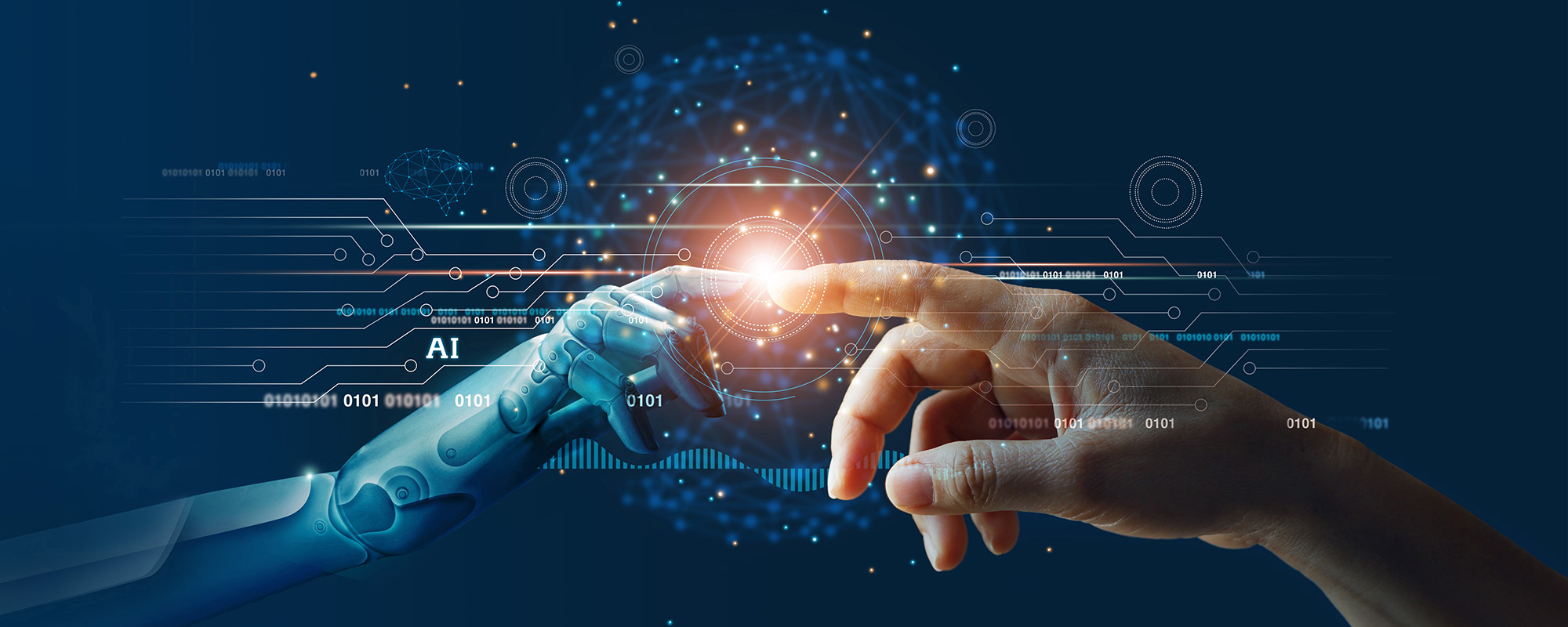How AI can help accelerate a renewable-powered future
The growth in renewables has been astounding. The research firm BloombergNEF estimates that global solar capacity additions in 2023 alone were over 440GW, more than the entire installed power capacity of Germany and Spain combined. This surge in growth is being driven by the pursuit of energy security, increasingly supportive policies and improved cost competitiveness compared to conventional fuels.
Despite these positive trends, renewables also present an interesting set of challenges. The natural variability of renewable sources, which generate power with the sun and the wind, underscores the opportunity for innovative energy solutions. There is also the need to consider how we manage the modernisation and enhancement of the grid to increase flexibility. Further, integrating distributed energy resources and electric vehicles presents a pathway to not only improve but also secure and strengthen the resilience of our energy systems.
With this in mind, we see AI helping to drive the clean energy transition in several areas. Its potential to process data rapidly and at scale is particularly exciting, and those data-driven insights could be applied across the renewable energy industry. They could improve the efficiency and performance of renewable energy technologies, which could also help us to reduce the cost of producing clean energy, making it more accessible and affordable for consumers.
AI at the centre of a virtuous circle
The cost of renewables has been decreasing for decades, and the forecasts all indicate it will continue to become more affordable. AI has the potential to accelerate that trend, kickstarting a virtuous cycle in which cheap energy creates increased demand, which will funnel more investment back into the renewable energy industry.
Another case for AI would be as a tool to help our team streamline and automate elements of renewable energy project development – such as permitting, licensing, contracting, financing and construction. It can be deployed to help manage the progress and performance of projects by detecting and resolving issues, optimising schedules and budgets, and ensuring quality and safety standards. Our work with natural language processing (NLP) models is helping us in this area; we’re building knowledge retrieval tools that leverage NLP to provide our colleagues with faster access to information from our in-house knowledge bases.
AI can change the scale and pace of renewable energy growth
Our efforts to scale renewables aren’t solely dependent on AI. Even in a world with no AI and no big data, we would still be exploring every avenue to ensure that clean, affordable energy was made widely available. But AI is certainly helping.
Growth in the demand and availability of renewable energy is extremely positive, but the pace of that growth is a challenge in its own right. AI can help us keep up with demand, identify and solve problems faster and more effectively, and help us to accelerate the transition to net zero.
Latest news
26 Jun, 2025
Lightsource bp signs first PPA in Taiwan with Star Trade for pilot fishery solar project
Lightsource bp has signed a power purchase agreement (PPA) with Star Trade for its Budai solar project in Taiwan.
10 Jun, 2025
Lightsource bp secures financing on its first project in Taiwan and its pilot fishery solar project globally
Lightsource bp, a leading developer and manager of global onshore renewable energy projects, has secured financing for its 115MWp fishery solar project in Taiwan.
05 Jun, 2025
PPAs: a key lever for the energy transition in Europe
Watch our webinar to learn about how sustainable PPAs are emerging as a key commercial solution for corporate buyers.




